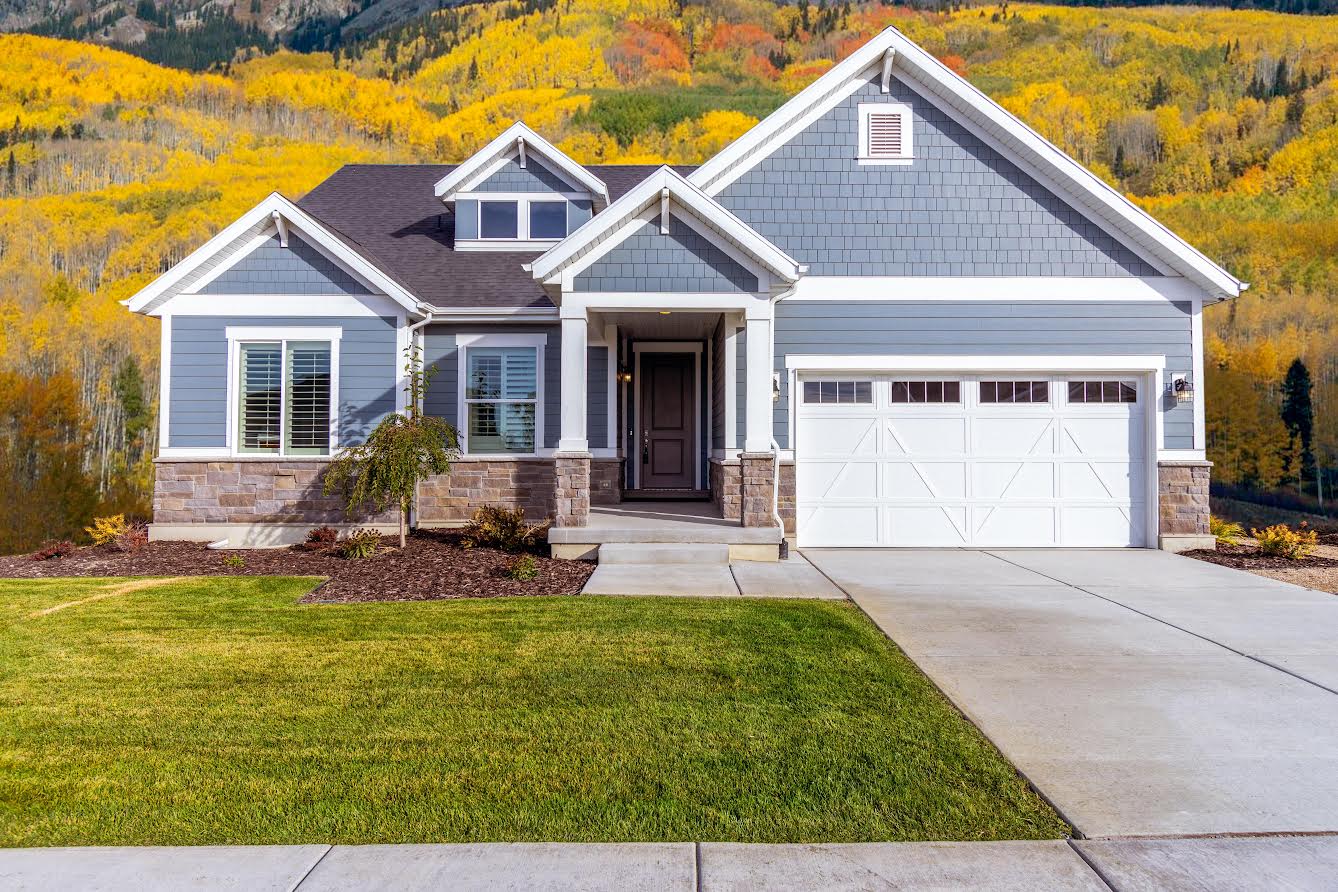Landlords should make their choice of whether to rent a home completely furnished or unfurnished not only based on their preferences but also depending on the needs of the renters in order to minimise void periods.
By clarifying what furnished and unfurnished properties mean, the best letting agents Cheltenham assist in delving into the benefits and drawbacks of each.
Unfurnished property:
There is no official definition of an unfurnished property, but there are assumptions as to what will and won’t be provided. Although it implies that your rental home would be empty, there are a few items that are often anticipated in an unfurnished home:
- Kitchen accessories such as a sink, cabinets, and anything “built in.”
- Refrigerators, freezers, ovens, and washing machines.
- Bathroom fittings including the shower, toilet, and sink.
- Various forms of flooring, such as carpets.
- Blinds or curtains.
Make sure you inform potential tenants if your house lacks anything on the aforementioned list. You don’t want them to be surprised by a missing item when they relocate.
Fully-furnished property:
Properties that are furnished (or “fully” furnished”) have more than what you’d expect in an unfurnished apartment. Again, because there is no official definition, the landlord is ultimately responsible for what is offered. However, some things are typically anticipated.
- a bed, or many beds if the house has multiple bedrooms,
- a couch or chairs
- a clothing closet or dresser
- a table and a sofa
Of course, this is in addition to everything you would anticipate finding in an unfurnished house.
Advantages of renting a furnished home:
The kind of property you own, its location, the kind of renters you want, and the amount of effort you’re willing to (or able to) put in are some factors that may help you determine investing in a furnished home.
The following are some potential advantages of renting out a furnished property:
- Attract tenants — Young professionals, new graduates, and students frequently like furnished homes and are more inclined to be seeking housing in urban areas.
Your house will rent out more quickly if it is equipped since people are more likely to look for furnished homes than unfurnished ones.
- Increased revenue — Residences that are furnished often bring in more rent than those that are unfurnished.
- Spare expenses — If you have acquired a house that is already furnished, such as through inheritance, it could be simpler and less costly to rent the property as is rather than paying to have the furniture removed.
Advantages of renting an unfurnished property:
There are advantages to renting a furnished home, but there are also advantages to opting unfurnished one:
- Attract long-term renters — Those wishing to settle are more likely to have furniture already in place or want to buy it.
- Fewer initial expenses — If your home isn’t already equipped, avoiding needing to buy furniture will reduce your initial expenses to a minimum.
- Less expensive insurance — Since you are not required to insure your tenants’ belongings, your premium may be lower than it would be if you had chosen to cover your contents.
- One less item to be concerned about — You might feel nervous leaving treasured furnishings with tenants. Keeping it furnished might result in more effort for tasks like end-of-tenancy inspections.
Tenancy agreements: unfurnished vs. furnished:
It’s crucial to specify in your rental contract whether or not your house will be rented out furnished. The leasing agreement outlines the rights and obligations of both the tenant and the landlord. Therefore, it’s important to make sure your maintenance requirements are addressed for the fixtures, fittings, and furnishings you’re supplying.
However, you must keep in mind that everything you supply for a rental property is subject to reasonable wear and tear. It’s advisable to have legal counsel to make sure you’re both protected and acting legally.
How does furnished vs. unfurnished influence my insurance and taxes?
When you start letting out your property, you must take precautions to safeguard your investment from both disruptive renters and natural disasters like fires and floods.
If you decide to incorporate furniture in your home, you might wish to insure it against theft and damage. When that happens, you should also get landlord contents insurance in addition to building insurance.
Because of the 2016 introduction of the “renewals basis,” you may claim tax back for the price of replacement furniture if you rent out a furnished property. This includes cookware, appliances, and soft furnishings.







